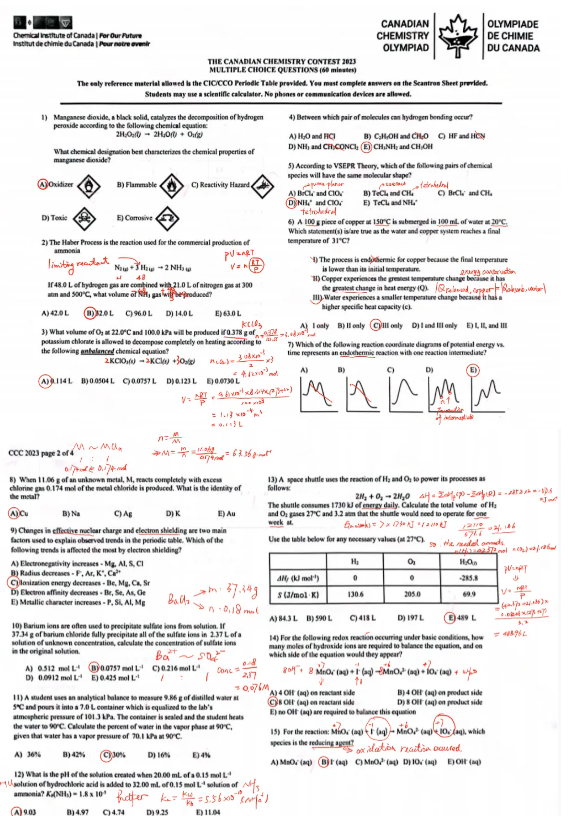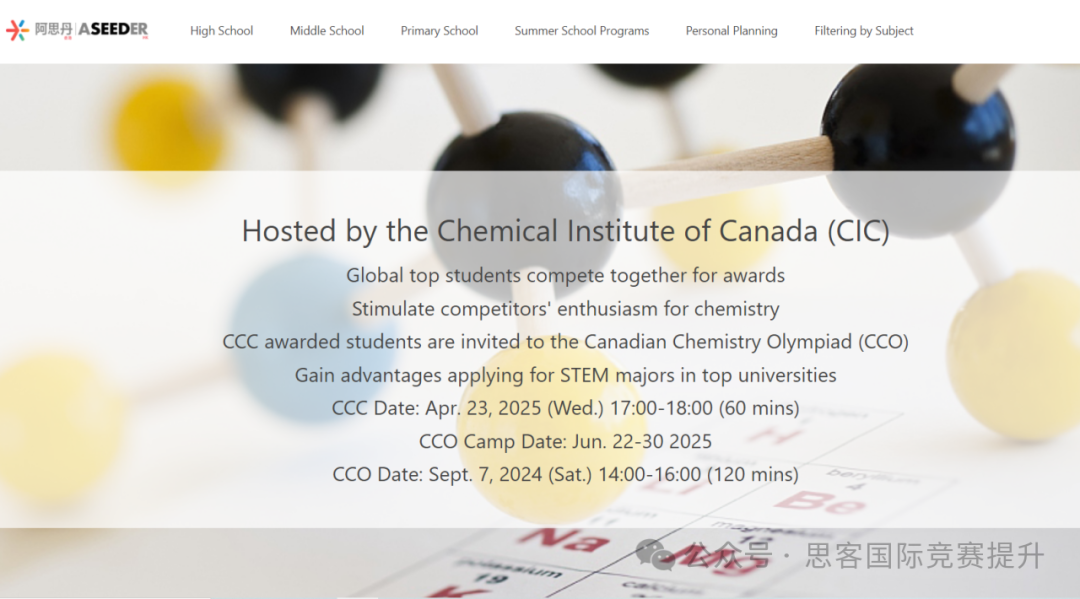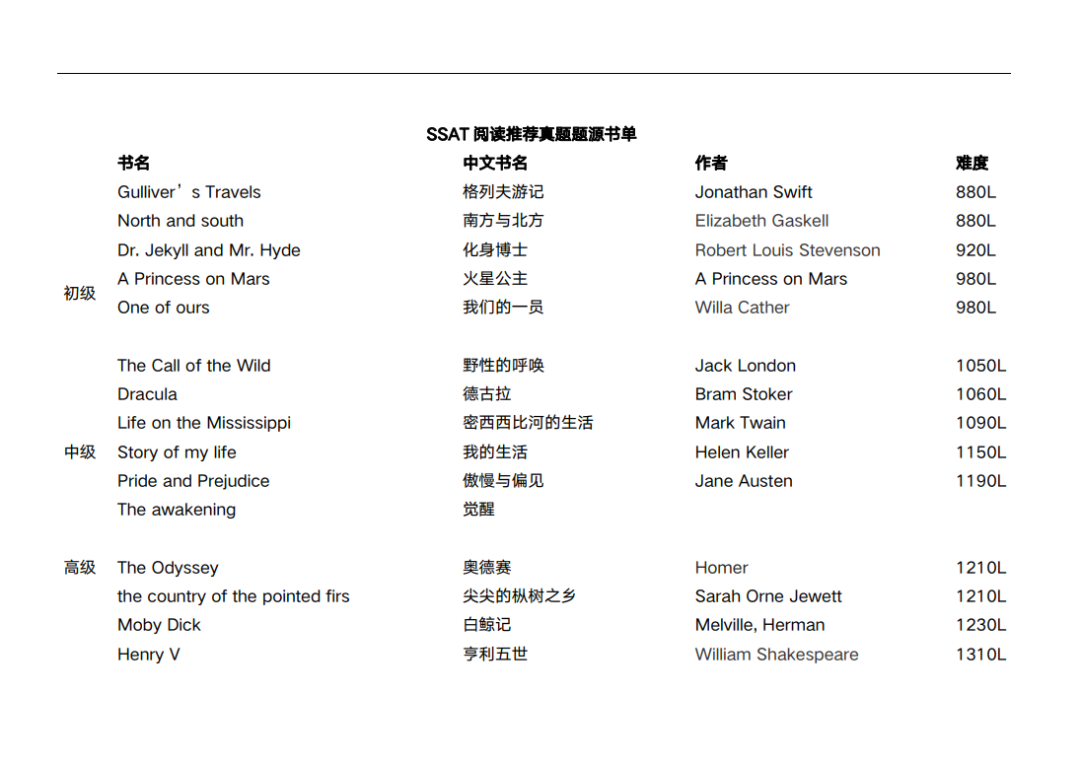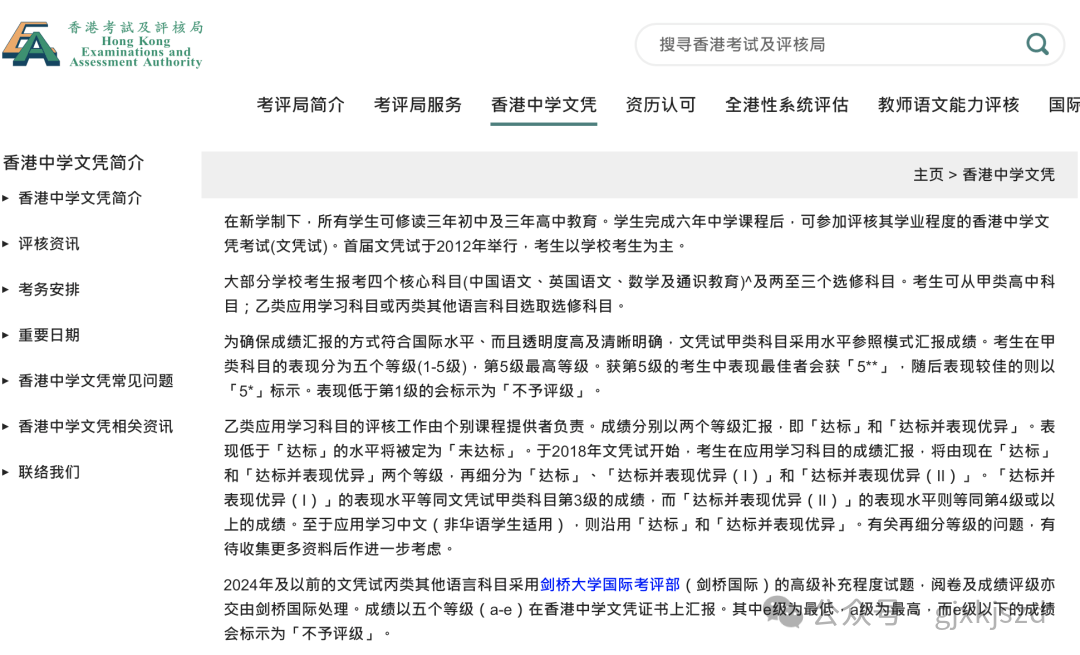本期坐标|英国
本期 “老师博士”为大家推荐帝国理工学院、格拉斯哥大学2024最新奖学金介绍。
01、帝国理工学院
Role of symbiotic microbes of phytoplankton in future ocean carbon storage and productivity
Imperial College London|Department of Life Sciences
博导:Prof T Bell,Dr Fengjie Liu,Dr A Shevchuk,Prof Y Korchev
截止日期:May 17, 2024 周五
资助的博士项目(全球学生)
项目描述:
About the Project
Marine phytoplankton has a key impact on global carbon and nitrogen cycles. However, their growth is strongly influenced by other smaller microbes, such as bacteria and fungi, that live in the ‘phycosphere’: a micrometer scale space directly surrounding the phytoplankton cells. The phycosphere microbiota are poorly studied but appear to have broad impact on exchange of nutrients, metabolites, and signaling molecules. Phycosphere microbiota may therefore help explain the large error in predicting oceanic carbon budget, and climate models, which do not fully account for their impact. The importance of the phycosphere microbiota has been a puzzle for four decades but we have recently developed novel nanotechnology-based tools that have made it possible to open the black box of the unique micro-environment.
This project is carefully designed to produce a new understanding of phytoplankton-bacteria interactions. Using an interdisciplinary approach including Bio-physics, Microbiology and Oceanography, this project will aim to (1) identify the phycosphere microbes in major groups of marine eukaryotic phytoplankton via novel nano-probes and single-cell sequencing method; (2) quantify growth effects of the phycosphere microbes on the host phytoplankton and underlying mechanisms; and (3) investigate how the community of phycosphere microbes evolve in a warmer and acidifying ocean. Such knowledge is an essential component for predicting future ocean carbon storage and productivity in a changing climate.
This project is linked to research activities at the Leverhulme Centre for the Holobiont led by Prof. Thomas Bell (www.imperial.ac.uk/holobiont/), which aims to understand the associations between microbes and host organisms. The project will employ novel nano-probes, originally developed for cancer research by Dr Andrew Shevchuk and Prof. Yuri Korchev, and this research is also closely aligned with the NERC (Natural Environment Research Council) project of Dr Fengjie Liu on how marine bacteria in the phycosphere of diatoms alter iron bioavailability.
The students will get trained in novel nanotechnology-based tools, state-of-the-art methods for single cell sequencing, and they will have opportunities to participate in oceanographic research cruises. The students will be expected to attend national and international conferences and publish their research.
They will engage in the associated PhD training and activities ofthe Grantham Institute – Climate Change and Environmentand theDepartment of Life Sciences. They will also benefit from a career development PhD training programme at Imperial College.
Informal enquiries are welcomed and should be sent to Prof. Thomas Bell (thomas.bell@imperial.ac.uk) or Dr. Fengjie Liu (fengjie.liu@imperial.ac.uk)
How to apply:
Please email Prof. Thomas Bell or Dr. Fengjie Liu and include in your application:
-
Statement of Purpose
-
Your CV
-
At least two references to be sent directly to Prof. Thomas Bell or Dr. Fengjie Liu from the referees.
Funding Notes
The funding will include 3.5 years of funding, which will cover:
-
Home tuition fees at UKRI indicative rate (£4,786pa for 2024/25)
-
A maintenance stipend, paid in equal monthly instalments directly to your bank account (£21,237pa for 2024/25)
-
A total of up to £5,000 is available during the duration of the project to contribute towards research expenses associated with your project, including conference costs, consumables, and travel for research purposes.
We welcome home and international candidates to apply, but for overseas applicants, any costs over and above home support will need to be covered by applicants.
02、格拉斯哥大学
PhD in Computing Science - Interactive Model-based Probabilistic Visualisations for Exploring Decisions
University of Glasgow |Collegeof Science and Engineering
博导:Dr Sebastian Stein,Prof R Murray-Smith
截止日期:May 20, 2024 周一
资助的博士项目(全球学生)
项目描述:
About the Project
This studentship is linked to theDIFAI project
Applicants are invited for a fully funded PhD studentship (international fees + stipend at research council rates) in a collaborative project between the University of Glasgow and Aegean Airlines (Athens,https://en.aegeanair.com/). Aegean Airlines is interested in interactive systems to explore probabilistic models of interactions between Aegean, their customers, and their competition.
Bayesian Probabilistic models and Structural Causal models are powerful tools for Simulation Intelligence but are cumbersome to work with in practice. Exploratory queries on these models (multiverse analyses) are associated with delays that make interaction challenging, as they usually involve changes to model structure, resampling (MCMC), or retraining (Variational Inference). Pre-computing and caching results for all possible queries is infeasible due to continuous-valued causes, and an exponential number of model structures and hypothetical interventions in the number of variables. Predicting human intent - what a user might want to look at next; what are interesting aspects to focus on - can help make caching practical and thereby bridge the interaction gap, enabling interactive visualisations to be proactive. Active Inference is a promising sequential decision-making framework for simultaneous reasoning about user objectives, and selection of actions that facilitate those objectives.
This PhD will focus on investigating how aspects of active inference can be used to model human sequential interaction with probabilistic models, representing the user as an active inference agent, and to anticipate what users want to or ought to see next, representing the User Interface as active inference agent that infers and acts upon user goals. Outcomes of this project may contribute to the literature on explainable AI.
This studentship will focus on
-
Embedding predictive sampling/ retraining and emulation in the UI action space to bridge the interaction latency gap
-
Developing interactive visual interfaces to facilitate sequential exploration of causal models
-
Producing software to manage versions of models, posterior predictive distributions and human behaviour
This PhD will be split between the University of Glasgow campus (the expectation is that the student will normally be in the lab, in person) and the Aegean Airlines offices in Athens, Greece. Students will have access to the training and academic opportunities offered at Glasgow as well as the opportunity to interact closely with Aegean Airlines' business and data teams - to learn about their business decision-making processes and machine learning production pipelines; for feedback on prototypes and participation in user studies; to work with large-scale real-world datasets and potentially run experiments in production.
The successful candidate will have a strong interest/ background in human-computer interaction and machine learning, particularly in visualisation, and/ or Bayesian probabilistic modelling.
The PhD will be supervised by Dr. Sebastian Stein and Prof. Roderick Murray-Smith at the University of Glasgow.
Candidates will be expected to hold at least a 2:1 BSc degree in Computer Science or a closely-related discipline.
Suitable candidates will have a background or strong interest in data science and statistical modelling, particularly in Bayesian inference/probabilistic programming/causal inference,andin human-computer interaction/visualisation/interaction design.
How to Apply:
-
Please refer to the following website for details on how to apply.http://www.gla.ac.uk/research/opportunities/howtoapplyforaresearchdegree/
-
Please email the PhD supervisor to confirm that you have submitted your application.
Funding Notes
Funding is available to cover tuition fees for for 3.5 years, as well as paying a tax free stipend at the Research Council rate (estimated £18622/annum, for Session 2023-24).













